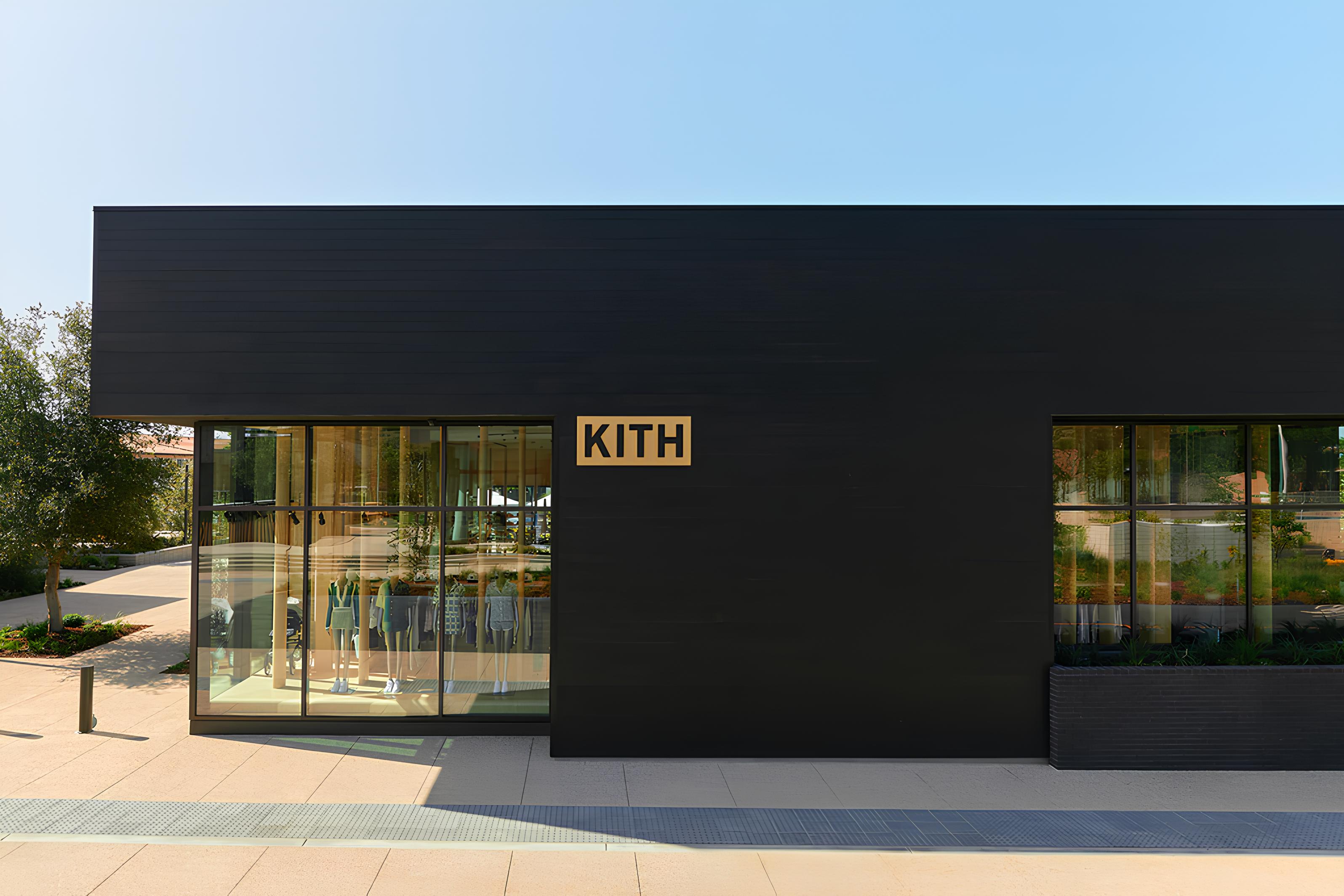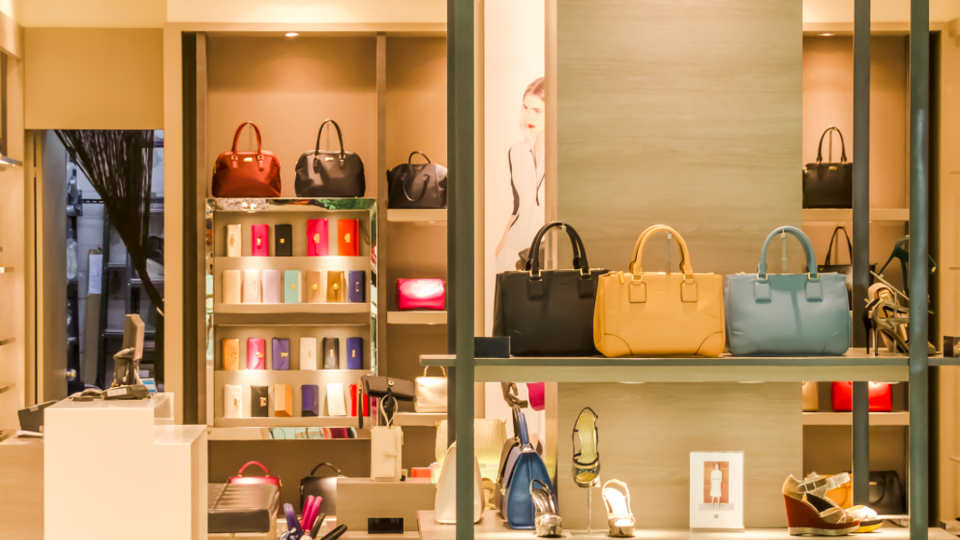Even as it faces layoffs, Burberry has been investing in customer experience and experimenting with digital programmes. This adaptability is helping the brand maintain strong customer ties in trying times, according to a new analysis by market researcher Forrester Research.

The store, backed by Tencent technology in an exclusive partnership, opened in the new Shenzhen Bay MixC development. It is designed as venue for exploration, inspiration and entertainment, letting shoppers experience Burberry and its products in person and on social media.
“For years now, Burberry has invested in its website, synchronising data across various channels,,” said Sucharita Kodali, VP, principal analyst at Forrester. “As consumers are shopping more online, companies that have invested in their digital tools are best positioned to grab share. That said, compelling product is more critical but strong digital strategies can help to convert more customers.”

Credit: Courtesy of Burberry.
As the brand navigates its new way forward in this uncertain world, the company has been focusing its investments so that it can be resilient and adapt as new events occur. This approach will look at focusing capital on the ability to adapt over asset ownership.
“Challenging traditional thinking on store portfolios, factories, supply chains and the nature and role of office spaces upends firms’ assumptions on how they allocate capital,” said Gill.
“As Burberry faces into an adaptive future, like many firms, it will need to rethink its physical assets as, increasingly, in a flexible, digital, on-demand economy, owning factories, warehouses and prestige office spaces looks like a burden, not an asset,” he added.
Lessons for other luxury brands
As marketers look for a way forward as the COVID-19 pandemic continues to rage, Forrester recommends that other brands can learn from companies such as Burberry.
In its latest report, “The New, Unstable Normal: How COVID-19 Will Change Business And Technology Forever,” Forrester explores how consumer values will shift and how companies will need to rethink engagement and digital experiences over the next few years.
Businesses will have to invest more in digital, thinking about the customer experience and be prepared to pivot based on new challenges such as another wave of the pandemic or an ongoing global recession.
Savvy brands are also reimagining what it looks like to thrive even in uncertain times by creating adaptable strategies within the workplace. This will include work-from-home policies that continue into the future.
“Many are already embracing working from home,” Ms. Kodali said. “And until the pandemic is over, work from home will be a norm. As companies look to cut expenses, I would suspect real estate is a relatively easy lever especially if you can still prove that the quality of the work hasn’t declined.
“That said, I’m not sure that work from home will be a permanent thing,” she said. “There are too many CEOs who just value being in an office. There are a surprising number of employees too who value being in an office.
“And anyone whose job relies on persuasion and collaborating closely with colleagues is going to find that they need colleagues in the office to be more productive. So as much as we are all romanticising work from home I think it won’t be permanent. Even CEOs who say that work from home is ok at one time may change their minds later.”
Reposted with permission from Luxury Daily. Edited for clarity and style.
Cover image: Burberry Spring/Summer 2020 . Photo courtesy of Burberry.









